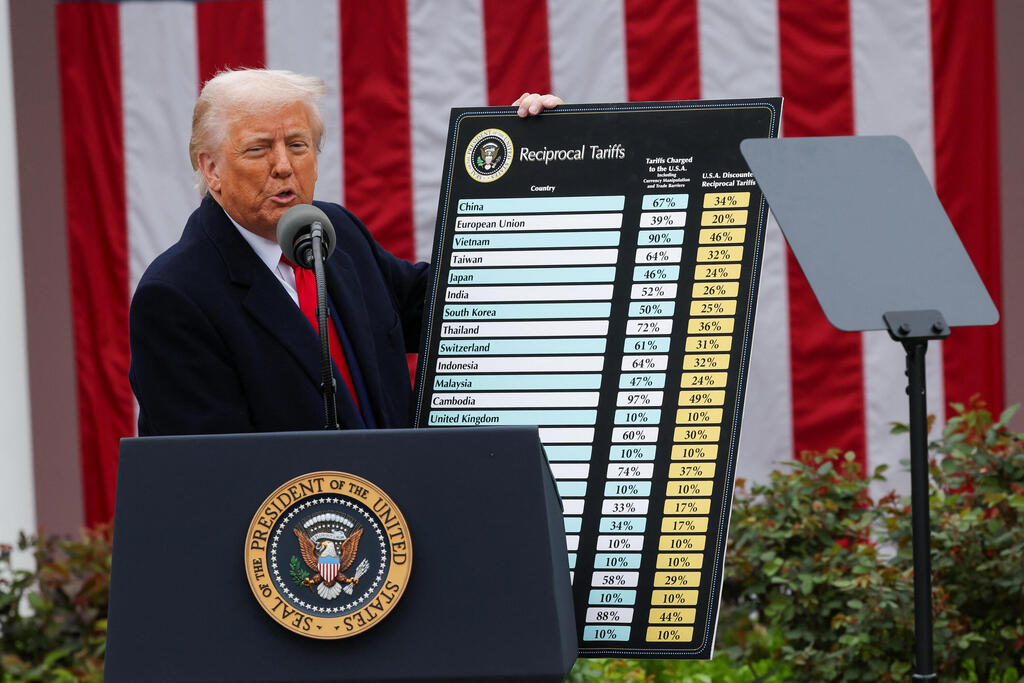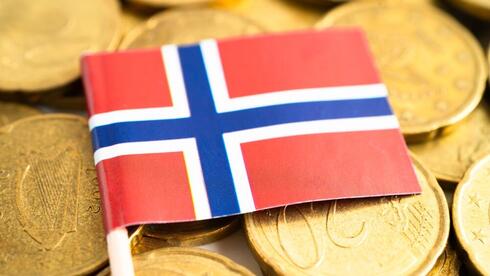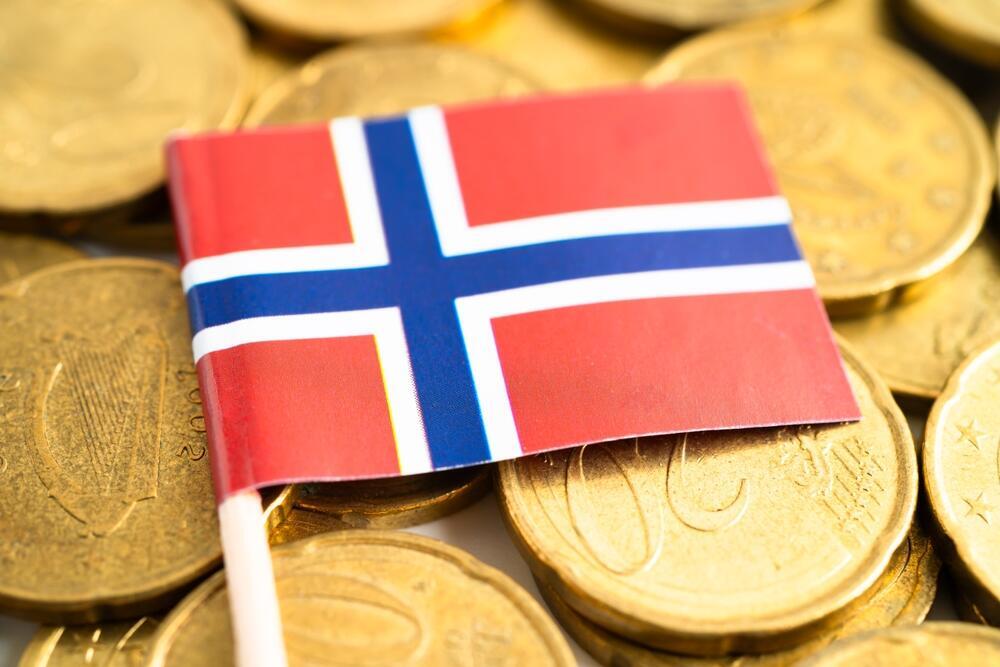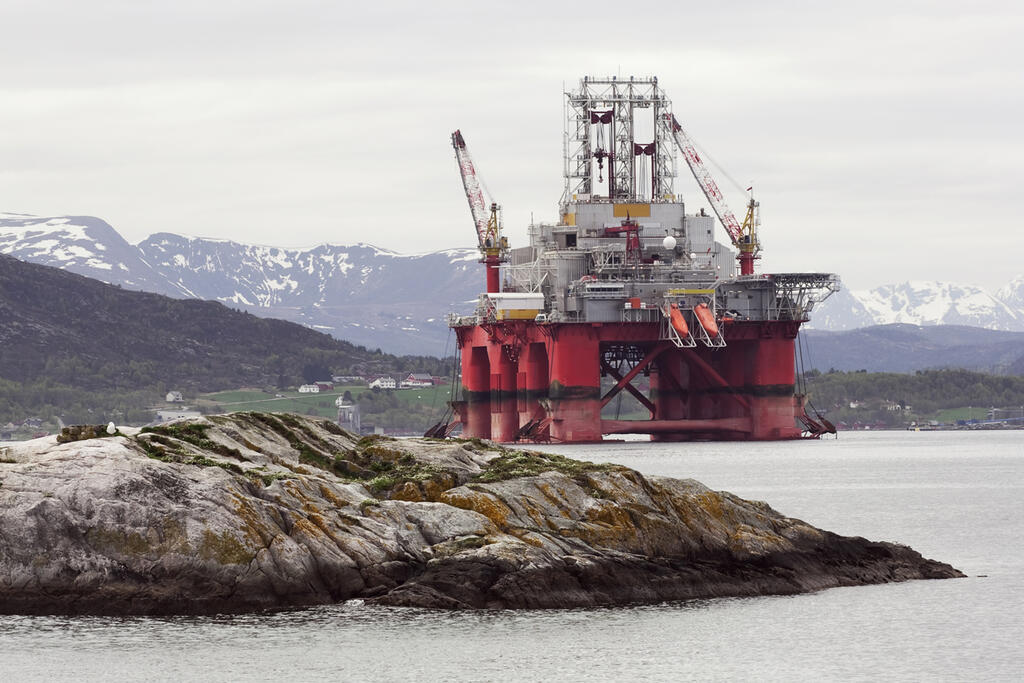The move is not unexpected: the Norwegian fund does not allocate investments solely on economic grounds but is also guided by an external ethics committee that recommends divesting from companies accused of violating human rights, breaching international law or contributing to global conflicts.
Ahead of this week’s national elections, the Israeli issue resurfaced prominently, with parties hardening their platforms to appeal to anti-Israel sentiment. Increasing pressure was placed on the fund to divest from Israeli banks and companies tied to settlement projects or the war in Gaza.
This time, however, the Norwegian fund took the issue a step further by withdrawing all its holdings from U.S. construction equipment giant Caterpillar, following a review by its ethics committee. The committee claimed Caterpillar bulldozers had been used to carry out “extensive and repeated violations of international law,” citing their role in demolitions of Palestinian-owned property.
It marked the first instance in which the Norwegian fund penalized a non-Israeli company over its alleged involvement in the West Bank and Gaza.
4 View gallery


US President Donald Trump reveals his sweeping global tariff plan, April 2, 2025
(Photo: REUTERS/Carlos Barria)
The Trump administration responded sharply. President Donald Trump filed a formal complaint with Oslo through the State Department, which said: “We are very troubled by the Norwegian sovereign wealth fund’s decision, which appears to be based on illegitimate claims against Caterpillar and the Israeli government. We are engaging directly with the Norwegian government on this matter.”
Others were more blunt. Sen. Lindsey Graham, a close ally of Trump, warned that the United States might stop issuing visas to senior officials at the fund. “To those who run Norway’s sovereign wealth fund: if you cannot do business with Caterpillar because Israel uses their products, maybe it’s time you’re made aware that doing business or visiting America is a privilege, not a right,” Graham said.
Norwegian Prime Minister Jens Støre responded that the fund operates independently of the government. But critics pointed out that the decision was overtly political, driven by an inquiry ordered by Jens Stoltenberg, the former NATO secretary-general and now Norway’s finance minister, who had questioned the fund’s investment in Israel’s Bet Shemesh Engines, which refurbishes aircraft engines for the IDF. That probe ultimately paved the way for divestment from both the Israeli companies and Caterpillar.
Washington’s response was cold. The U.S. currently imposes a 15% tariff on Norwegian imports and hinted that rate could rise if Oslo escalates measures targeting American firms.
In the 1960s, oil and gas reserves were discovered in the North Sea and in territories under Norwegian sovereignty. The finds transformed Norway into the world’s third-largest energy exporter and one of the ten richest countries in the world by GDP.
In 1990, the government established the sovereign wealth fund to invest the enormous surpluses from oil sales. The goal was twofold: to cushion fluctuations in oil prices and to prepare for a future in which oil revenues would decline. Those investments yielded $222.4 billion in profit in the past year alone. The value of the fund’s assets translates to about $340,000 for every Norwegian citizen.
This vast wealth has turned Norway into something of a welfare utopia: a four-day work week (in many cases, just four hours a day), more family time and ski holidays in mountain cabins, 49 weeks of paid parental leave, generous unemployment benefits, low joblessness, excellent health care and education, world-class sports infrastructure and relatively small gaps in wages between citizens.
By some measures, Norway has fallen behind relative to its investment in citizens. Norwegians take an average of 27.5 sick days per year — the highest rate among OECD countries and four times the average. Student performance in international tests in science, math and reading has declined for ten consecutive years, now ranking below the OECD average despite the country spending nearly twice the average per student. Household debt as a share of income is also the highest in the OECD.
The result, economists warn, is a reality in which more Norwegian entrepreneurs are leaving the country, deterred by high taxes that subsidize a welfare system many say supports people who could work but do not. A nation that once leveraged its vast fortune into pioneering investments in high-tech and artificial intelligence — making it a magnet for researchers and companies — now finds itself mired in stagnation in science, research and development.
Now, however, criticism of the fund’s power is extending beyond Norway’s borders. In 2019, many complained after the sovereign wealth fund — created from Norway’s vast oil profits — decided, following a recommendation from its ethics committee, to divest entirely from oil companies.
The fund’s conduct in recent weeks has already drawn heavy criticism, particularly in Washington. Decisions by governments or institutions to punish Israel — or any other state — through boycotts and the suspension of ties are nothing new. But Norway’s sovereign wealth fund appears to have used its enormous economic leverage to settle domestic political disputes and sway local election outcomes at Israel’s expense, under the guise of ethical reasoning.
One may support such moves for political reasons and argue that everything must be done to halt Israel’s war in Gaza and settlement activity in the territories. But it must also be remembered that nothing is permanent. The use of foreign states’ economic leverage to shape global politics is a dangerous precedent. In this week’s elections, Norway’s right-wing populist party more than doubled its strength, winning nearly a quarter of the vote and becoming the opposition leader. One day, it could come to power and push the fund to act — or stop acting — for entirely different political reasons.
Meanwhile, many Norwegians are uneasy about what they see as the fund’s intoxication with power, as it has chosen to open a front with the U.S. administration. Punishing Israel’s economy is one thing, but confronting Donald Trump is another — especially for a country that shares both land and maritime borders with Russia and depends on every measure of American military support it can get.



